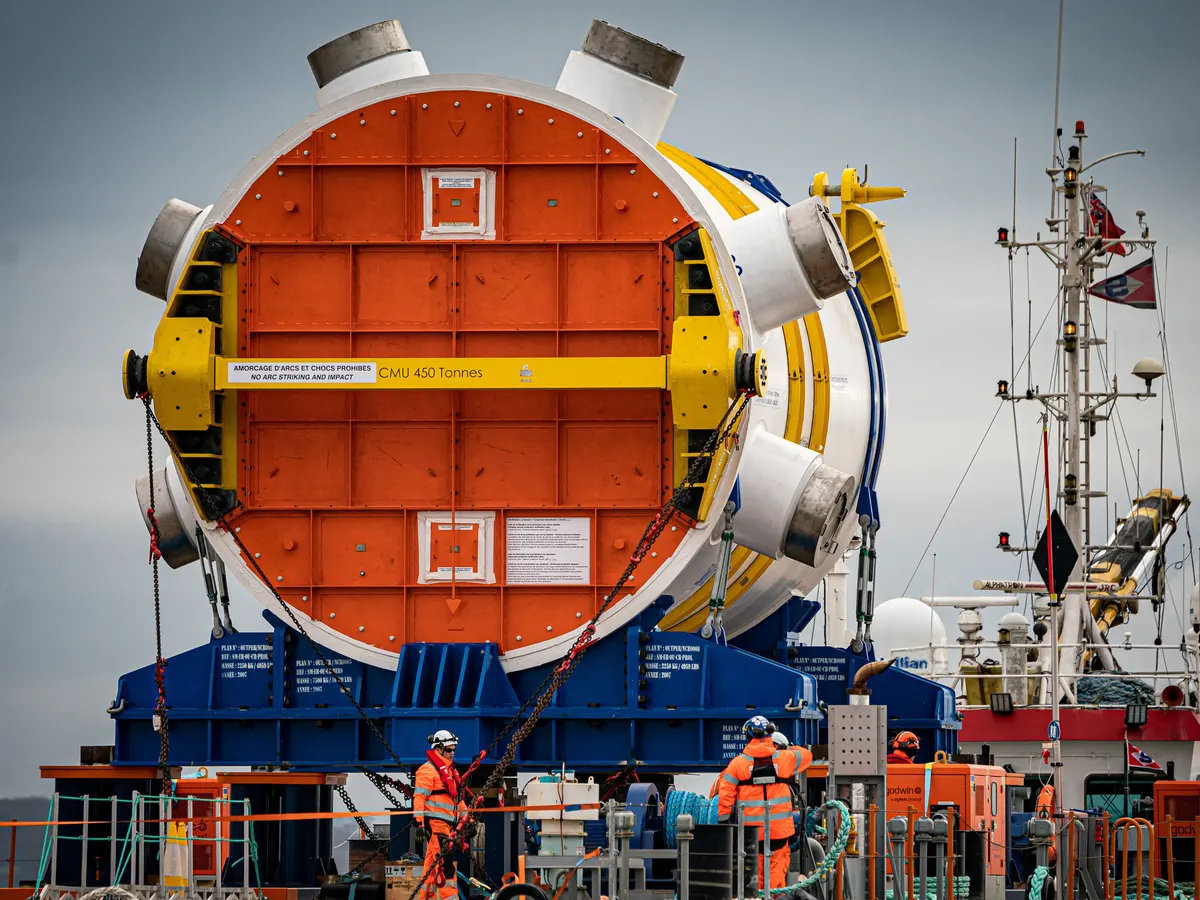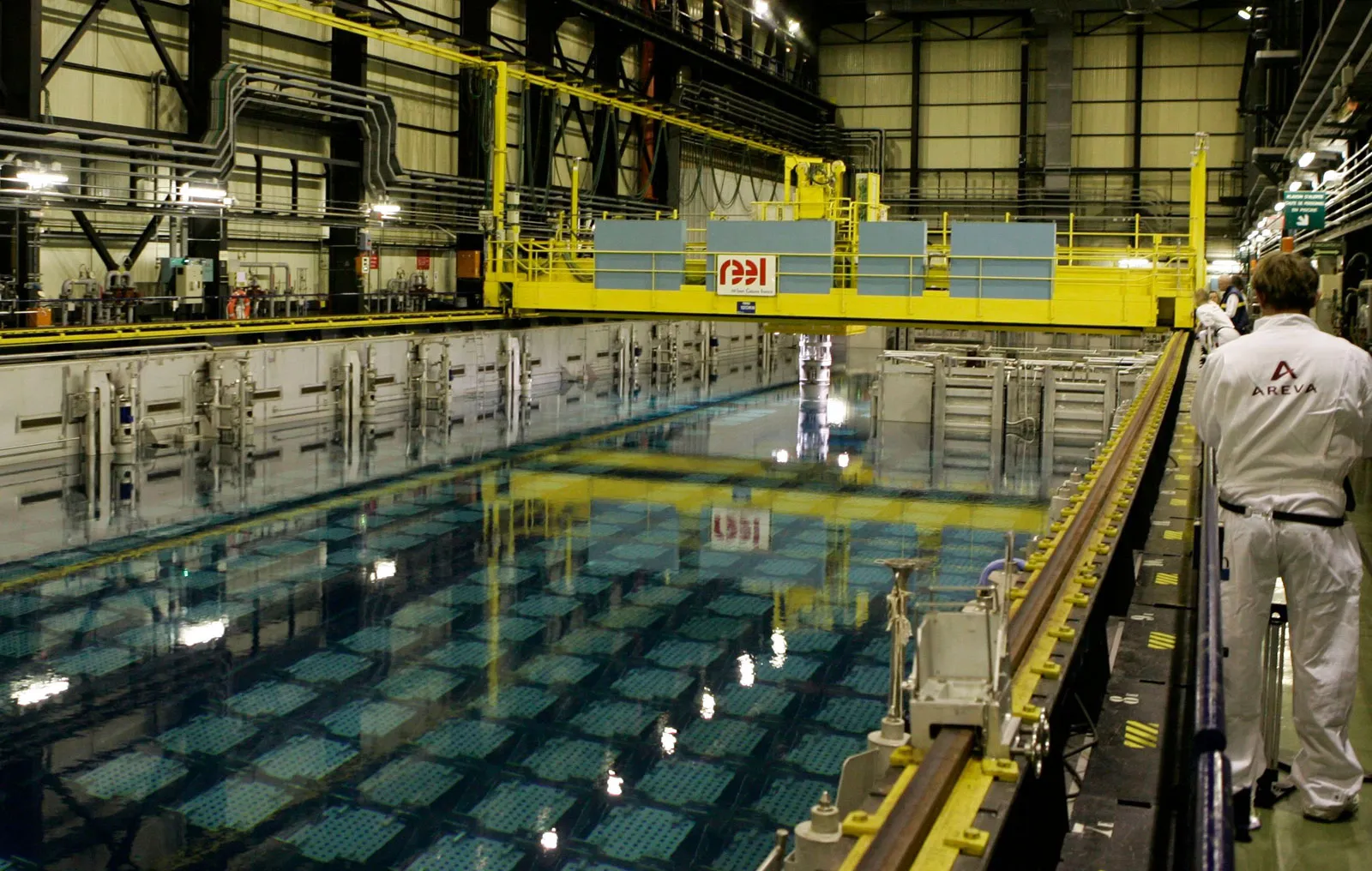The UK Government is turbocharging the uptake of nuclear energy, this week announcing a Great British Nuclear, with a target of having nuclear deliver 25% of all UK energy.
The new initiative includes hundreds of millions of dollars in new incentives for the industry, kickstarting SMR tech in the UK and scaling nuclear energy infrastructure rapidly.
“This could result in billions of pounds of public and private sector investment in small modular reactor (SMR) projects in the UK – demonstrating the government delivering on its priorities to partner with the nuclear industry and jointly spearhead the future of nuclear technologies,” the UK Energy Ministry said.
GBN will play a key role in helping the government hit its ambition to provide up to a quarter of the UK’s electricity from homegrown nuclear energy by 2050 and achieve among the cheapest wholesale electricity prices in Europe, whilst supporting jobs across the country.
“Today, as we open Great British Nuclear and the competition to develop cutting-edge small modular reactor technology, which could result in billions of pounds of public and private sector investment, we are seeing the first brush strokes of our nuclear power renaissance to power up Britain and grow our economy for decades to come,” UK Energy Secretary Grant Shapps said.
The British government also announced a range of grants and future funding rounds for nuclear innovation.
A grant funding package totalling up to £157 million, which includes:
Up to £77.1 million of funding for companies to accelerate advanced nuclear business development in the UK and support advanced nuclear designs to enter UK regulation, maximising the chance of small and advanced modular reactors being built during the next Parliament.
£58 million funding for the further development and design of a type of advanced modular reactor (AMR) and next-generation fuel. AMRs operate at a higher temperature than SMRs and as a result, they could provide high-temperature heat for hydrogen and other industrial uses alongside nuclear power. The winning projects of this latest phase of funding are:
- £22.5 million to Ultra Safe Nuclear Corporation UK in Warrington to further develop the design of a high temperature micro modular reactor, a type of AMR suited to UK industrial demands including hydrogen and sustainable aviation fuel production
- £15 million to National Nuclear laboratory in Warrington to accelerate the design of a high temperature reactor, following its success in Japan
- £16 million to National Nuclear Laboratory in Preston to continue to develop sovereign coated particle fuel capability, a type of robust advanced fuel that is suitable for high-temperature reactors
A further £22.3 million from the Nuclear Fuel Fund will enable 8 projects to develop new fuel production and manufacturing capabilities in the UK, driving up energy security and supporting the global move away from Russian fuel. Winning projects include:
- Over £10.5 million to Westinghouse Springfields nuclear fuel plant in Preston to manufacture more innovative types of nuclear fuel for customers both in the UK and overseas, boosting jobs and skills in the North West
- Over £9.5 million to Urenco UK in Capenhurst Chester, an international supplier of nuclear materials, to enrich uranium to higher levels, including LEU+ and high assay low enriched uranium (HALEU). LEU+ will allow for current reactors and SMRs to run for longer between refuelling outages, improving reactor efficiency and economics both in the UK and abroad. HALEU development will ensure that the UK remains at the forefront of fuel development for future advanced reactors
- Over £1 million has also been awarded to Nuclear Transport Solutions, a subsidiary of the Nuclear Decommissioning Authority, to develop transport solutions to facilitate a supply chain for HALEU in the UK and internationally.
- Over £1.2 million to support MoltexFLEX, a UK molten salt reactor developer based in the North West, to build and operate rigs for the development of molten salt fuel. Molten Salt Reactors (MSRs) are an AMR type that use a molten salt as a coolant and fuel, leading to intrinsic safety compared with conventional fuelsU.
The UK was the birthplace of civil nuclear power in the 1950s.
— Department for Energy Security and Net Zero (@energygovuk) July 18, 2023
Today we're turbocharging the revival of our nuclear industry.
Find out more from Energy Security Secretary @grantshapps 🎥 👇 pic.twitter.com/PGdc5Z63VP






